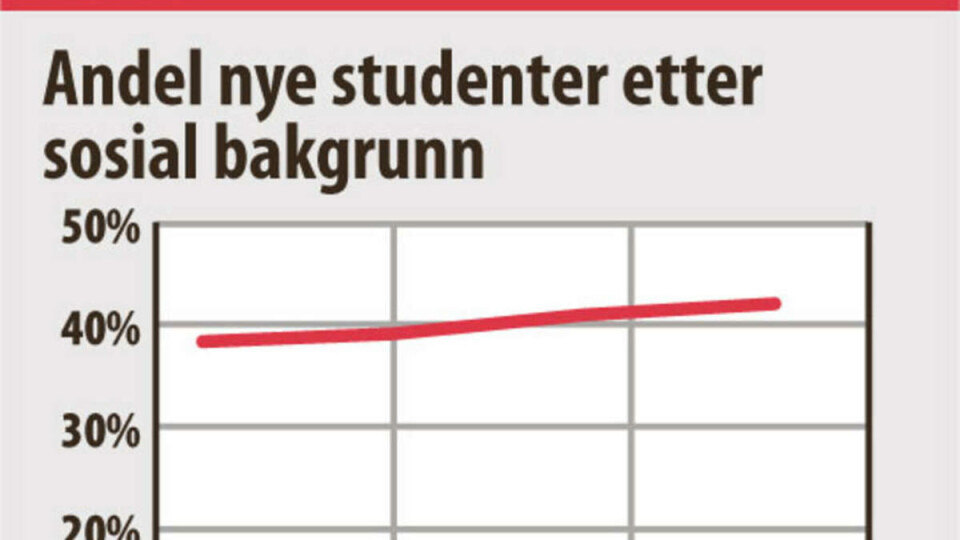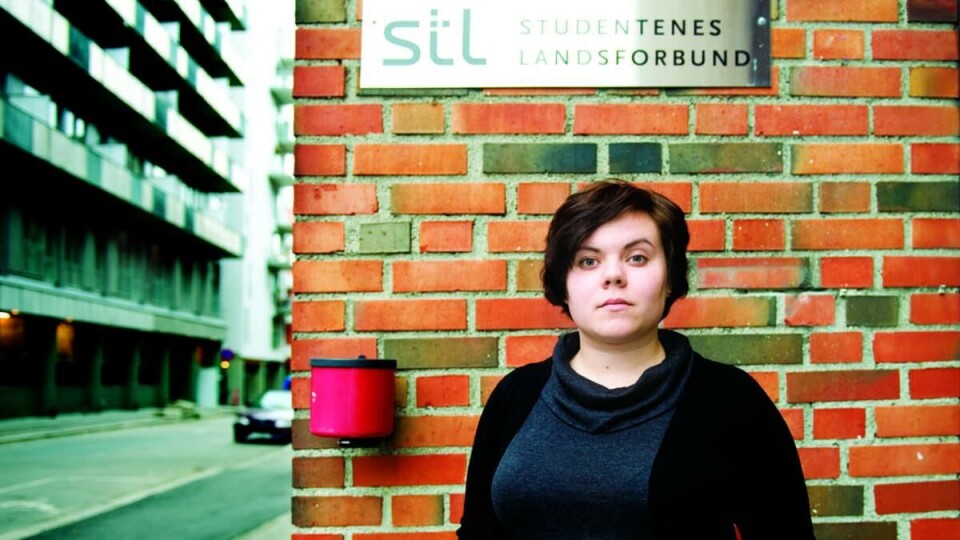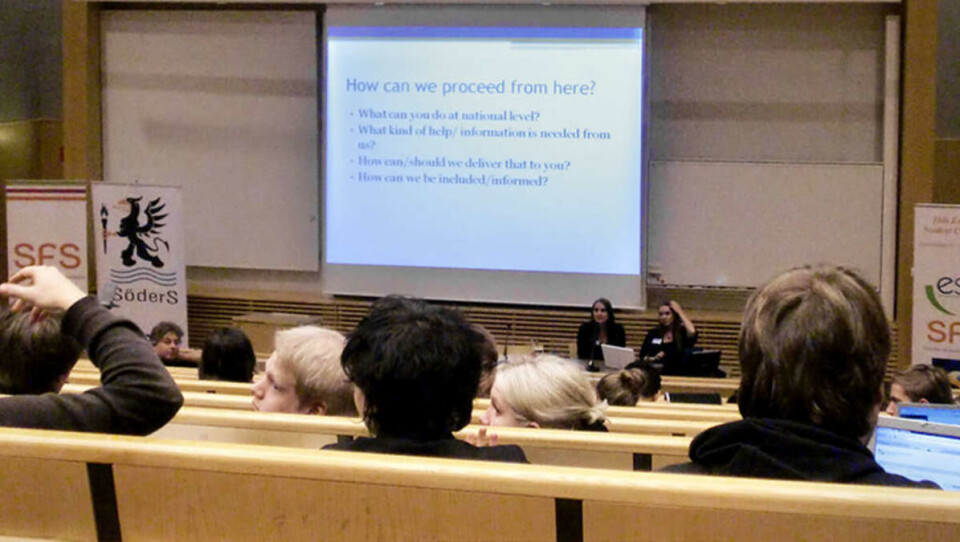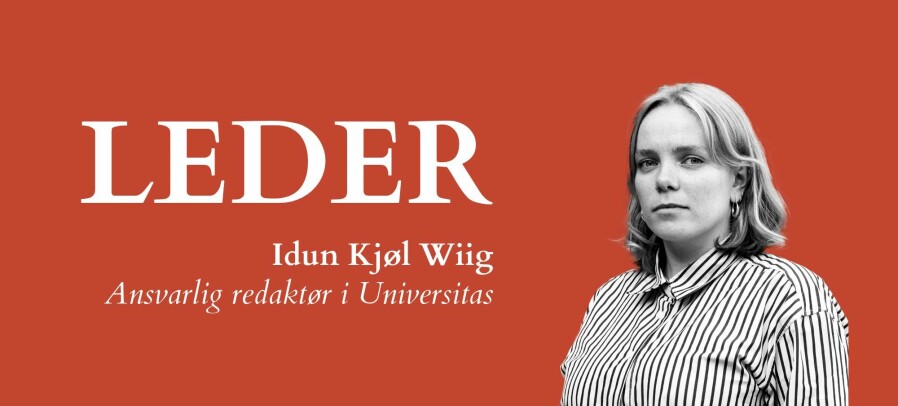
Increasing social differences
How much your parents earn is increasingly important to whether you choose to go into higher education or not. Norwegian authorities are criticized for not taking the problem seriously.



– It is a fact that children with highly educated parents who receive a high income attend the universities and colleges of this country in a larger extent than children with low income and less education. This is not in line with the main goals of the educational politics, says sociology professor Marianne Nordli Hansen at the University of Oslo (UiO).
In an article published in European Sociological Review she argues that parents’ income is of increasing importance for people’s level of education, and that the social imbalance in the educational system seems to increase in line with the economical imbalance in society.
Thomas Tallaksen, president of Venstrealliansen by UiO, supports her.
– We have a social democratic idea here in Norway that everyone has the same right to get a higher education. In practice we see that this is incorrect. We see that the educational system contributes to reproduce class distinction rather than equalize it, says Tallaksen.
A European problem
However, it is not only in Norway that this development causes worry. Last weekend in Stockholm The European Students’ Conference was arranged, at which European student organizations discussed the social dimension of the educational politics in Europe, in relations to the Bologna process. The Bologna process is a co-operation between 45 European countries. It was started in 1999, and the Norwegian educational reform «Kvalitetsreformen», which was presented in 2003, was a part of this process. Since 2005 one of the goals has been to reduce social imbalances in the recruiting for higher education, but there are no indications that show that it has happened.
A general concern was expressed over the European authorities’ ignorance when it comes to questions related to student welfare and social imbalance by the educational institutions.
– The situation is serious in several European countries, said Inge Gielis, student representative for European Students’ Union (ESU).
– Several European countries have agreed on freezing the student budgets.
– Only regards Eastern Europe
Ina Tandberg, president of the Norwegian Association of Students (StL) and a participant on last weekend’s conference, wants an increased focus on the Bologna process’ social dimension from the Norwegian authorities. Even if Norway has been an enthusiast for putting social questions on the agenda in the Bologna process, the social imbalance still seems to continue at Norwegian universities and colleges.
Tandberg misses purposeful measures that can help improve the student welfare and straighten out the social differences by Norwegian educational institutions.
– Norway has big challenges attached to the recruiting patterns and the drop-out at institutions of higher education. Still, Norway seems to regard the social dimension in the Bologna process more like a solidarity project with the Eastern European countries more than an opportunity to improve Norwegian conditions, she says.
Tandberg is especially anxious since the study support in Norway has been standing still for many years while the larger expenses like housing and food have become remarkably more expensive.
Insufficient reporting
The member countries in the Bologna process are instructed to send in a report on the situation of the higher education in the specific country every year. Since the minister meeting in London in 2007, each country also has to include a national plan of action to improve the student welfare and reduce the social imbalance in the educational system.
According to Alma Joensen in ESU’s working committee these plans of actions have been insufficient.
– Many of these plans were highly insufficient and did not consider the student, she said during the conference last weekend.
Many countries simply concluded that no groups were underrepresented in higher education. The only country who had made a plan of action with measurable demands was Ireland.
Also Norway’s reporting to the Bologna secretary has not been sufficient.
– Norway didn’t even hand in a plan of action, says Tandberg.
Professor Marianne Nordli Hansen stresses that the social differences in education I Norway is problematic.
– Of course it is a problem. This goes against all the main goals of the educational politics since the war, she states.
Universitas has not succeeded getting a statement from the Ministry of Education and Research, but State Secretary Kyrre Lekve promises to return to the case later.
































